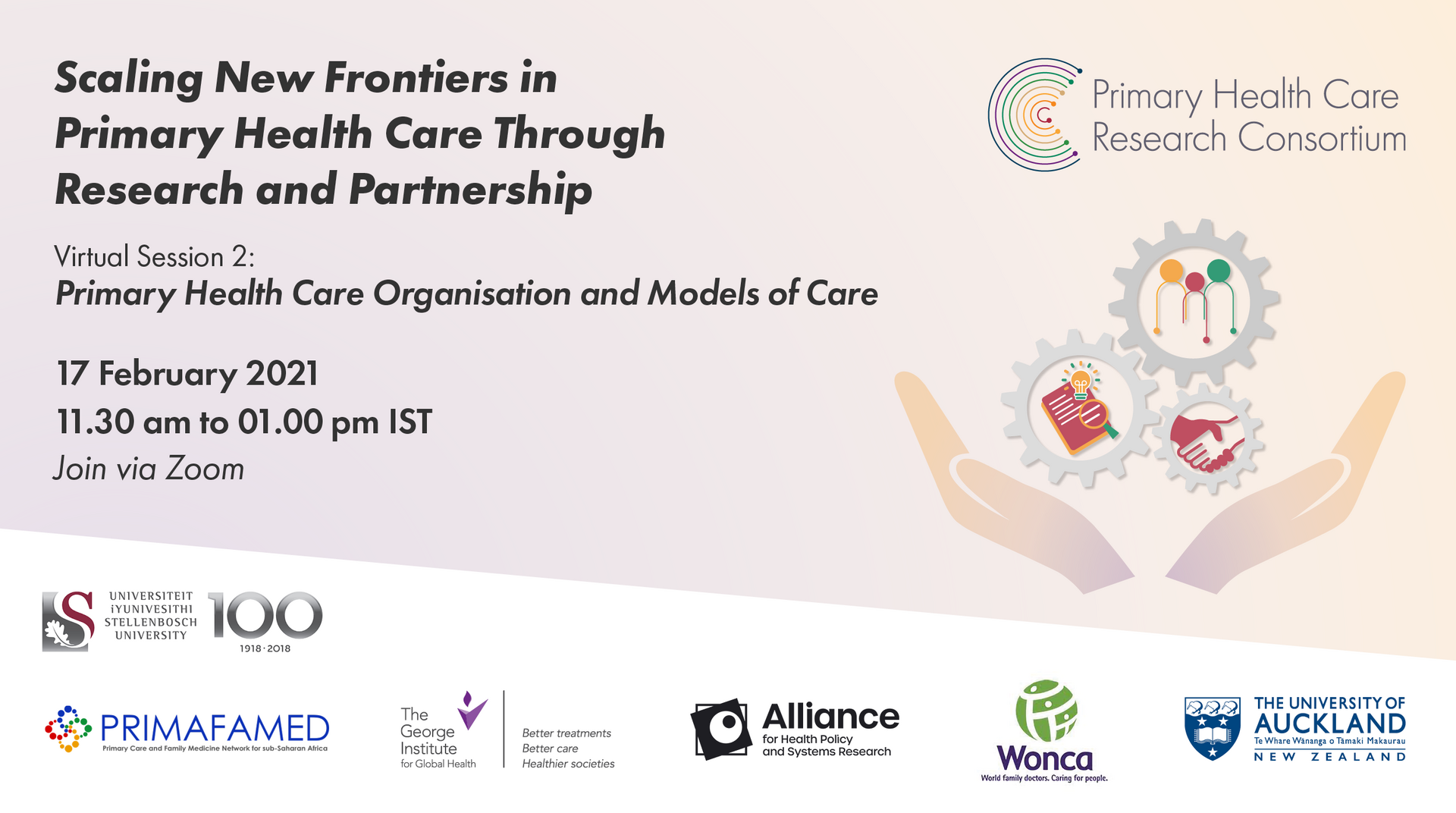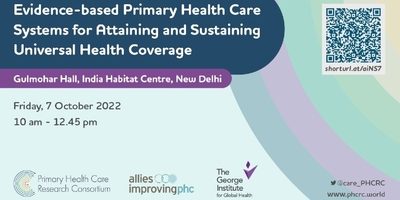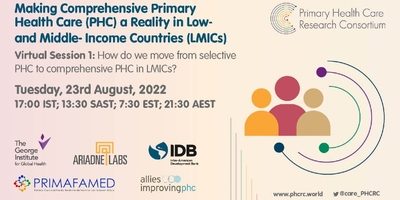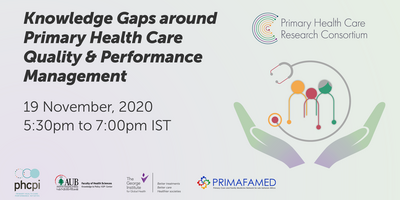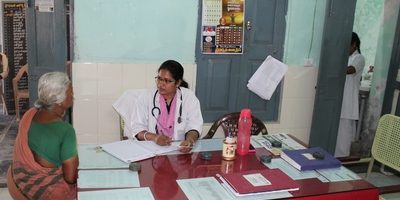

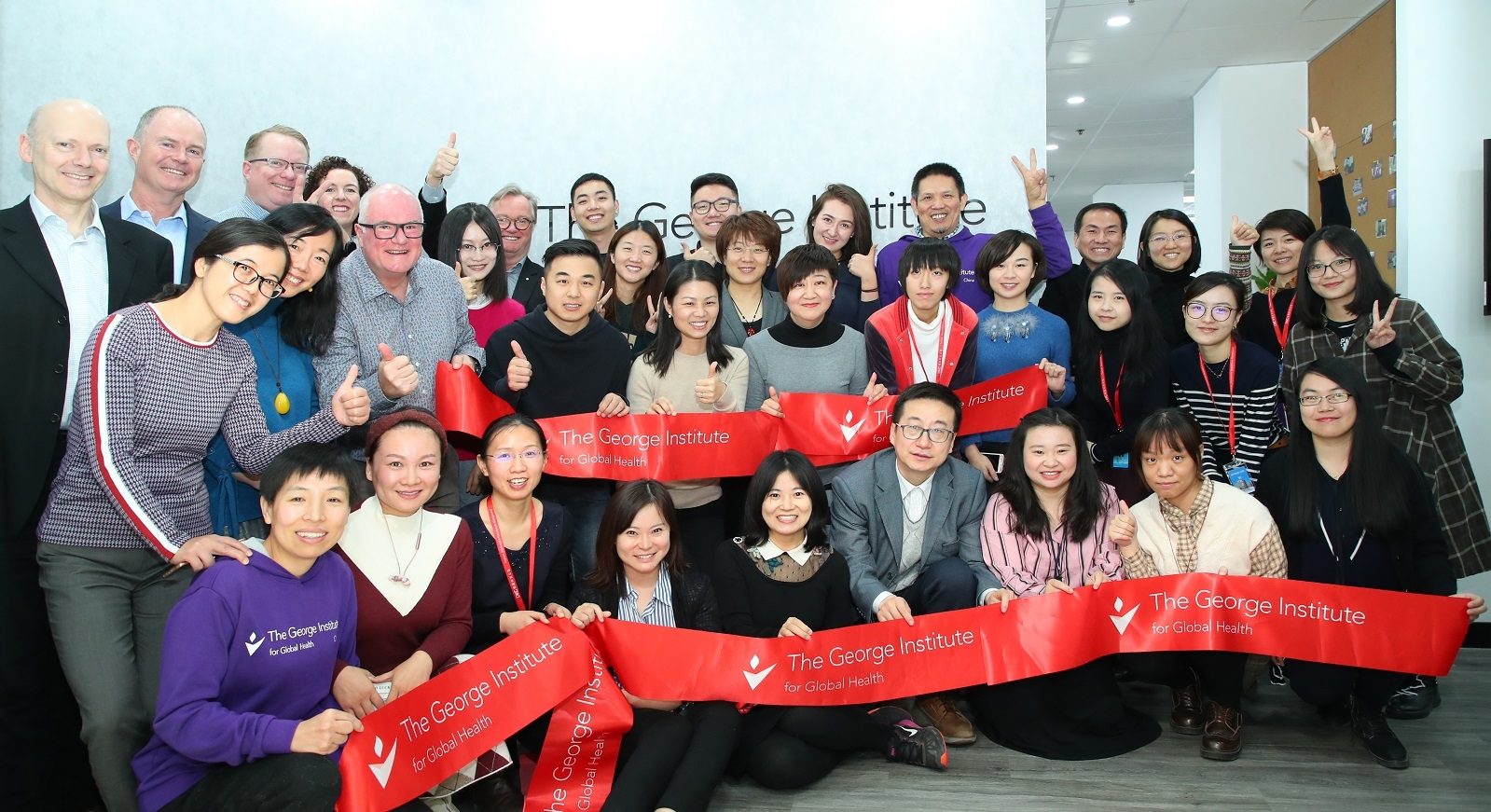
Affordability and Efficiency is the Future of Healthcare
Healthcare is usually a slow-moving industry, and mostly for good reason. In medicine, patient safety and evidence-based practice are king. In medicine, patient safety and evidence-based practice are king. Researchers, clinicians, innovators and the MedTech and pharma industries must perform rigorous clinical trials and navigate complex regulatory environments, to bring new drugs and devices to market.
Multimorbidity- A major health challenge of 21st century
Collaborative approaches, coordinated efforts and community-based interventions to prevent and manage multiple disease conditions at the primary health care settings
Women’s Health and Gendered Vulnerabilities
Screening and Managing Anaemia in Pregnant Women
Our Women’s Health Program in India addresses the leading causes of death and disability for women, specifically non-communicable disease and injury. The program adopts a life-course approach to address women’s health issues and considers their health from birth to death as a continuum, in which early health-related measures can be indicators for health outcomes later in life.
Screening for and managing anaemia in pregnant women is one of many women’s health projects.
No Health Without Mental Health
Community-led Intervention to Build Robust Mental Health Services Delivery Models
Bolstering Primary Health Care Delivery to Fight NCD’s
Leveraging Technology and Competency Development to Augment Health Systems
Millions of people in India live without reliable access to essential health care. And those with access find quality of care highly variable. In India, although 85% of deaths are caused by non-communicable diseases, the primary health care system is still focussed largely on infectious diseases and reproductive health. At all levels there is a lack of resources, technology, people and infrastructure.






